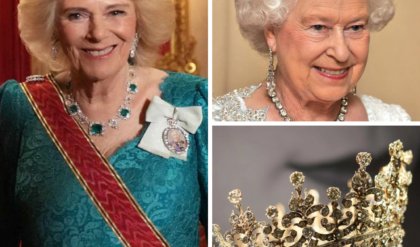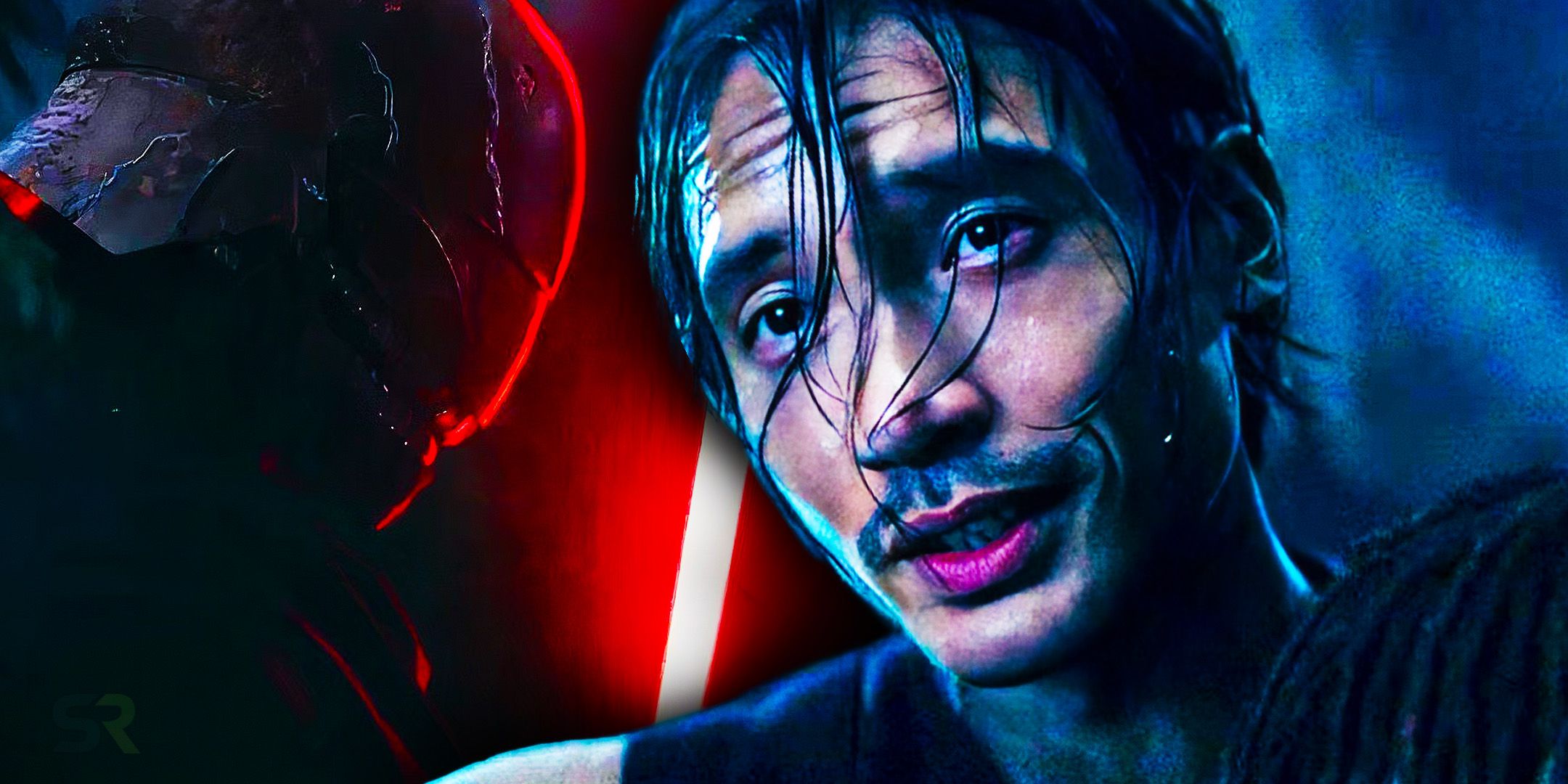
Speaking to The New York Times, Jacinto initially shares the simple answer to this question: The Stranger wants a Sith acolyte. He goes on to add that his Sith Lord wants “freedom” and “the ability to be able to live on his own terms,” but Jacinto goes even deeper than that. When prompted about how viewers should feel about The Stranger and his desires, Jacinto relates Qimir to himself, an Asian American, and showrunner Leslye Headland, a gay female, in their industry. He says that it parallels “wanting to be accepted and wanting to be able to really express oneself.”
It’s always come down to this feeling of being an outsider, being in a place that doesn’t accept you. I think that’s the reason it really resonated with Leslye and me. Leslye being a female, gay showrunner in this industry and me being an Asian American male in this industry, we’ve constantly had to fight for our position and we’ve constantly had to prove ourselves . So, I think it really is just a parallel to that type of feeling of wanting to be accepted and wanting to be able to really express oneself.
The Stranger’s Motivations Are Surprisingly Relatable
Everyone Wants To Create A Space Where They Can Belong
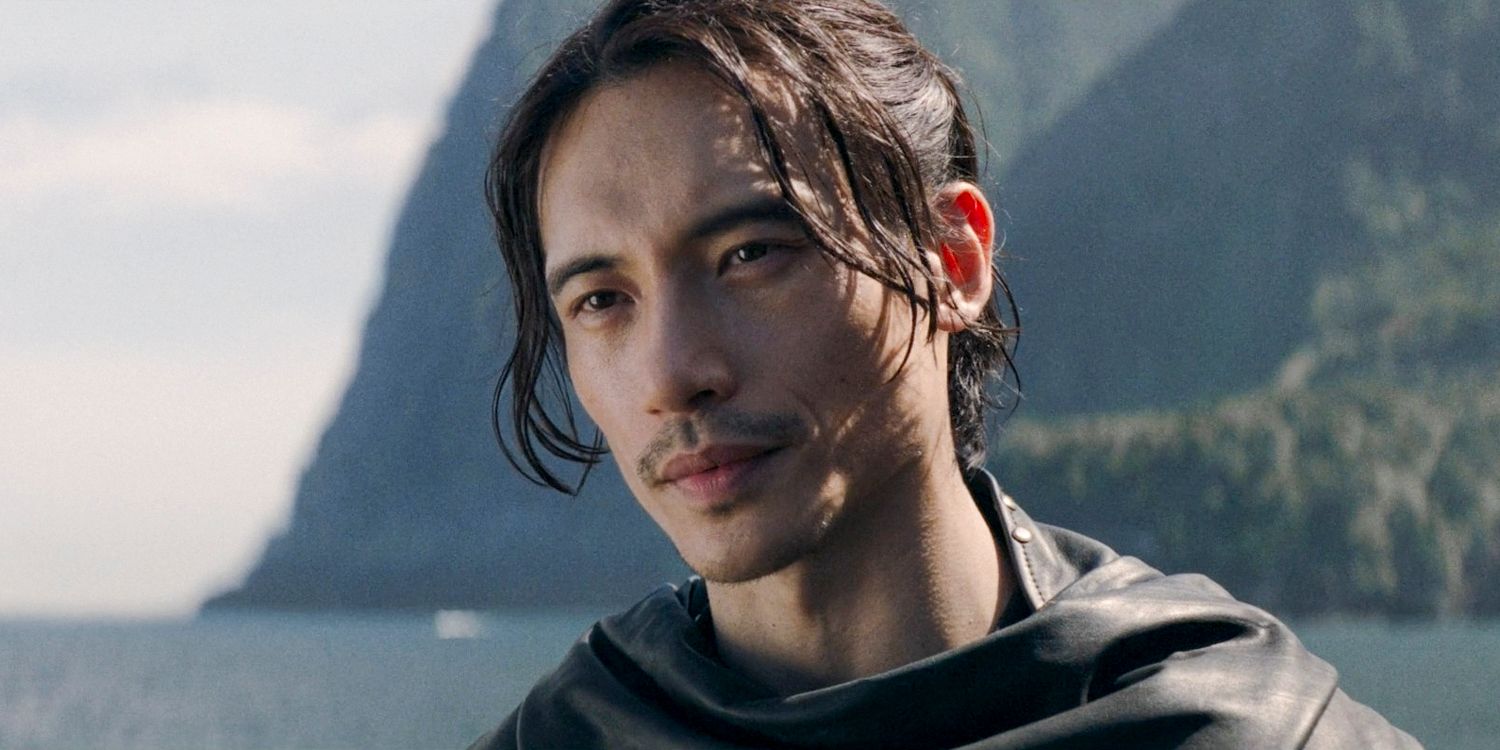
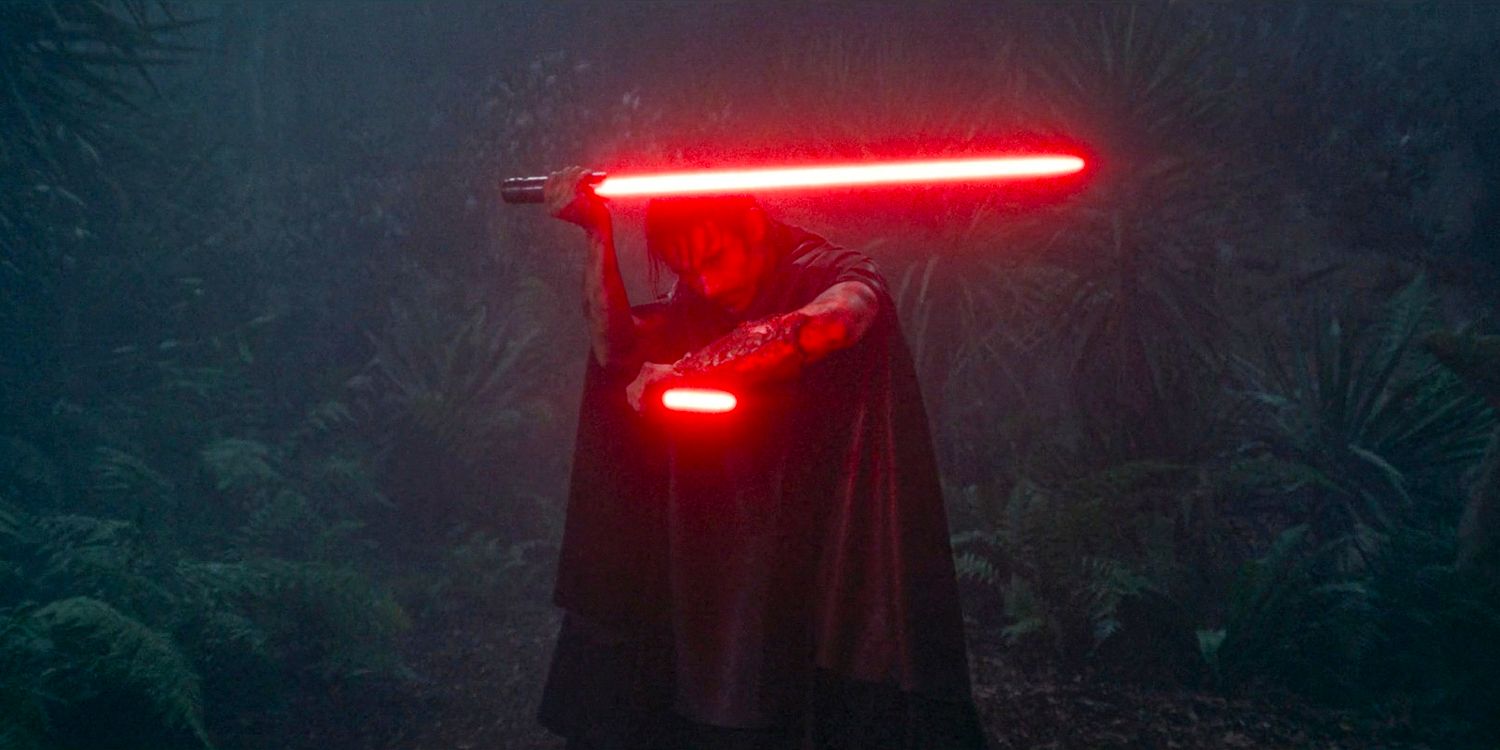
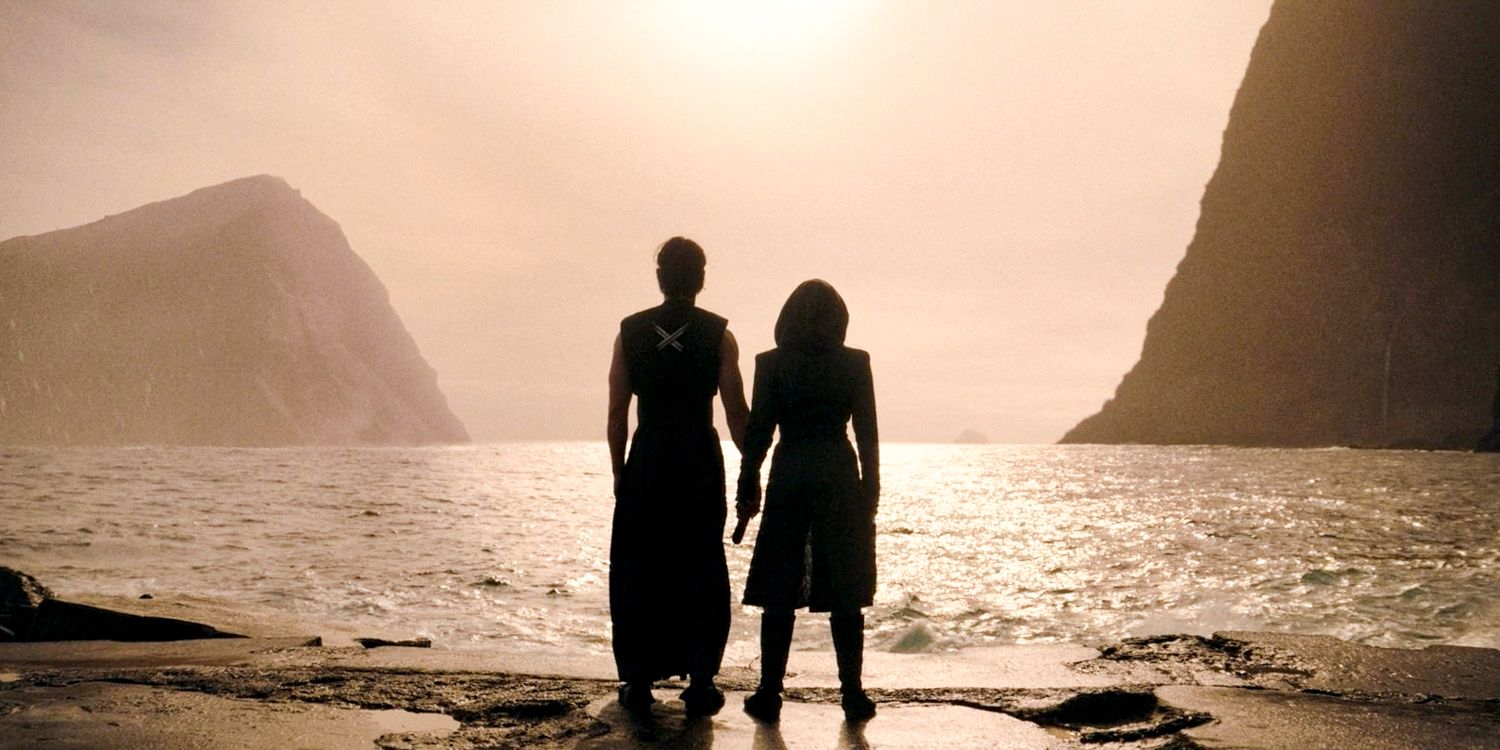
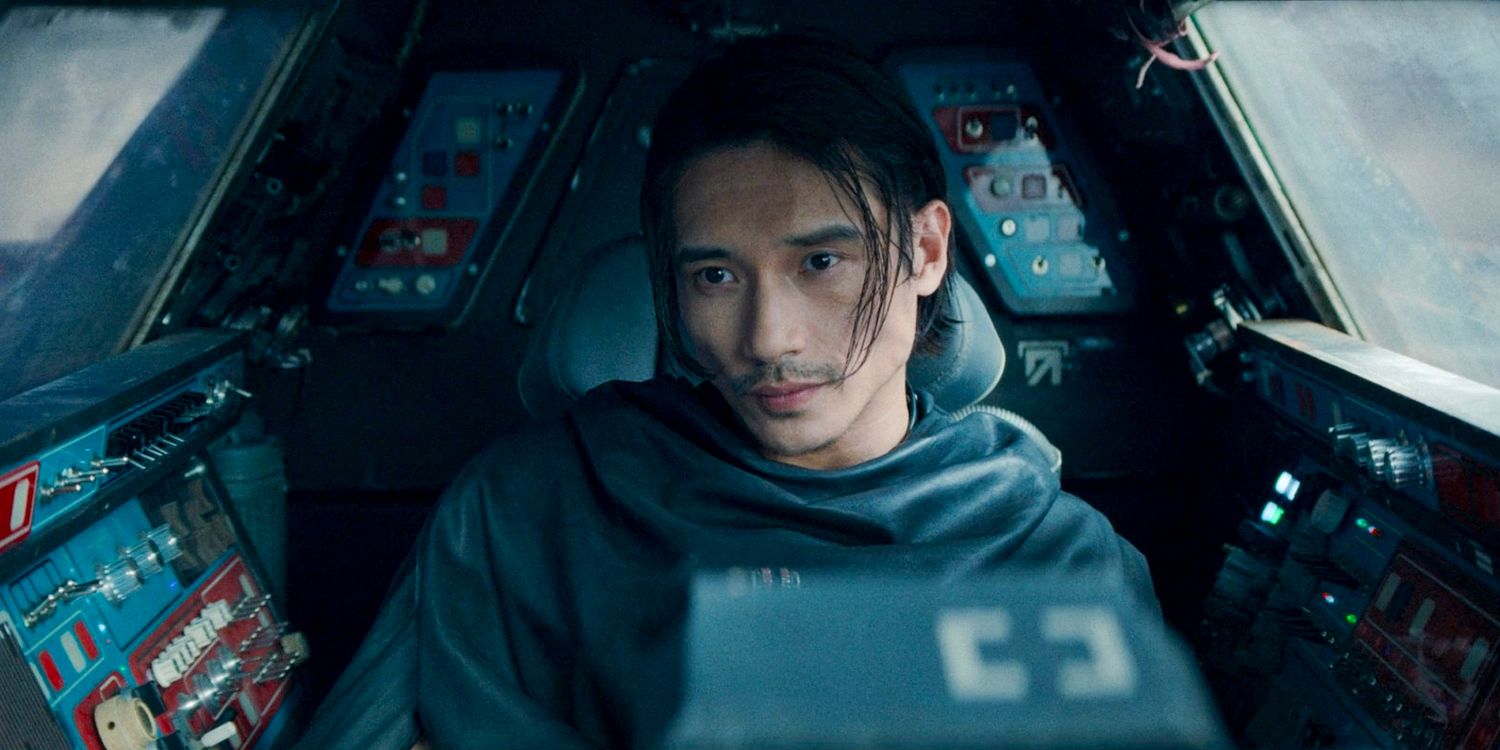
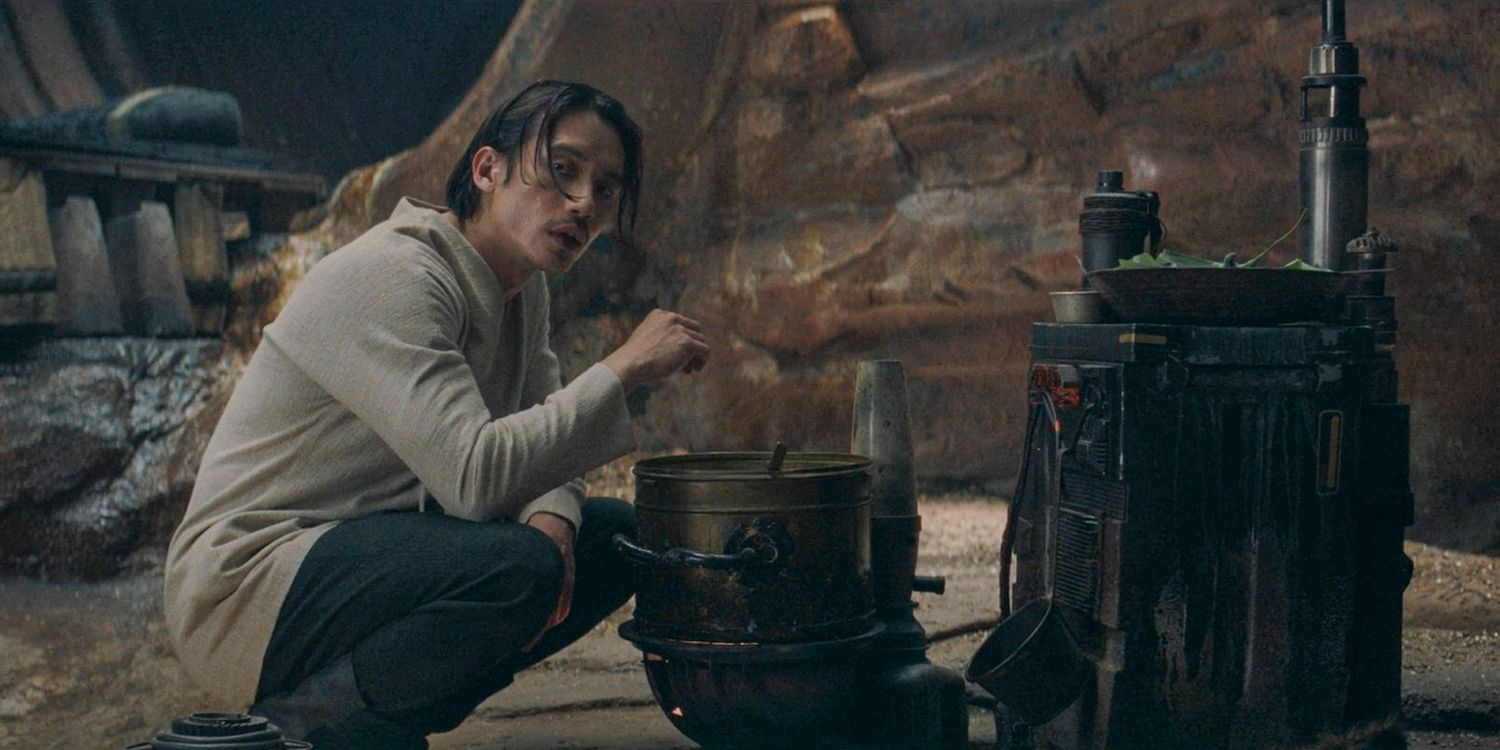





While Qimir clearly represents one extreme of achieving the end goal of his desires, his motivations are quite relatable. All people really want is to feel like they belong, and if others are incessantly insisting that they do not, in fact, belong, then of course that notion ought to be challenged. As Jacinto points out, this is especially important for people like himself and Headland, who have often faced massive obstacles in everyday society simply for being who they are.
He can still have a good sense of empathy and valid desires, yet also do very bad things.
Even if Qimir’s motivations are relatable, however, there is a lesson to be learned from what he does in The Acolyte. His ends do not justify the means at all; even in a show told from the perspective of the Sith, this reigns true, and audiences can recognize that. He can still have a good sense of empathy and valid desires, yet also do very bad things – which The Acolyte also proves with Jedi like Master Sol (Lee Jung-jae). It makes these characters very human and very compelling, but also serves as the perfect warning about motivations versus outcomes.
This, hopefully, isn’t the last viewers will see of Jacinto’s Sith Lord in Star Wars, especially as audiences continue to rally for The Acolyte season 2. The Acolyte‘s ending has certainly set up plenty of potential for season 2, from Darth Plagueis’ and Yoda’s surprise cameos to Vernestra Rwoh (Rebecca Henderson)’s mysterious connection to Qimir. Whether The Acolyte season 2 happens or not, one thing is for certain: Jacinto’s The Stranger will forever be a defining figure of this Star Wars story.
The Acolyte episode 8 is now streaming on Disney+.





